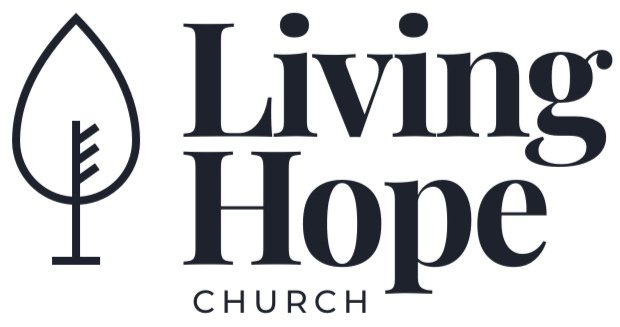This morning we hear from two more of Job’s friends: Bildad and Zophar. And sadly they both continue in the same vein of charging Job with wrongdoing (and Job’s children), because that is the only way they can make sense of the suffering of Job. Bildad uses some brilliant imagery (e.g. the security of leaning against a spider’s web), but the effect is still the same: you are suffering because you have done wrong.
There is at first the appearance of a change in Zophar. His response, once he tells Job he is just babbling on, is to ponder the depths of the mysteries of God. And that anticipates part of God’s response later in the book. But he doesn’t leave it at that and in the end continues to charge Job with sin.
In between these speeches we find Job’s response to Bildad (and to the whole situation). I want to focus on just a few verses: 8:32-35.
32 For he is not a man, as I am, that I might answer him,
that we should come to trial together.
33 There is no arbiter between us,
who might lay his hand on us both.
34 Let him take his rod away from me,
and let not dread of him terrify me.
35 Then I would speak without fear of him,
for I am not so in myself.
Job recognizes that he can’t deal with God and he longs for another, an arbiter (or mediator) to intervene. Job expresses the need of humanity: that of One who will stand between sinful man (because though Job is ‘righteous’ he is no sinless) and the holy God. Reflect on 1 Timothy 2:5,6.









